
Hall of Mirrors
The Great Depression, the Great Recession, and the Uses – and Misuses – of History
Recommendation
Economist Barry Eichengreen presents an exhaustive study of the two great financial crises of the past century, the Great Depression and the Great Recession. From Federal Reserve rate cuts to housing bubbles to European currency crises, Eichengreen leads a comprehensive tour of two seminal periods. With the benefit of hindsight, he debunks a few popular myths. While plainly knowledgeable and a clear communicator, Eichengreen isn’t always the most helpful guide. Serious students of economics may already be familiar with much of the ground he covers, while lay readers could struggle to make sense of his sometimes-dense prose and jargony references to “macro-prudential policy” and “dissaving.” getAbstract recommends his substantive history to investors and policy makers who are conversant with these issues and who seek additional insight into markets, US history and economic policy.
Summary
About the Author
Barry Eichengreen is a professor of economics and political science at the University of California, Berkeley. His previous books include Exorbitant Privilege and Golden Fetters.








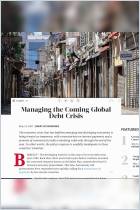
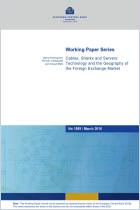
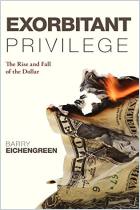
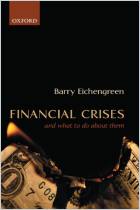
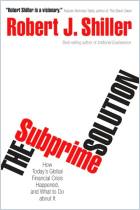

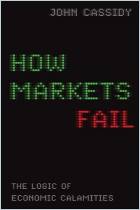
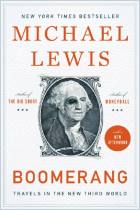
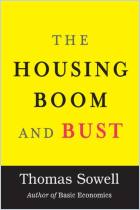
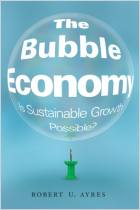




Comment on this summary or Démarrer une discussion